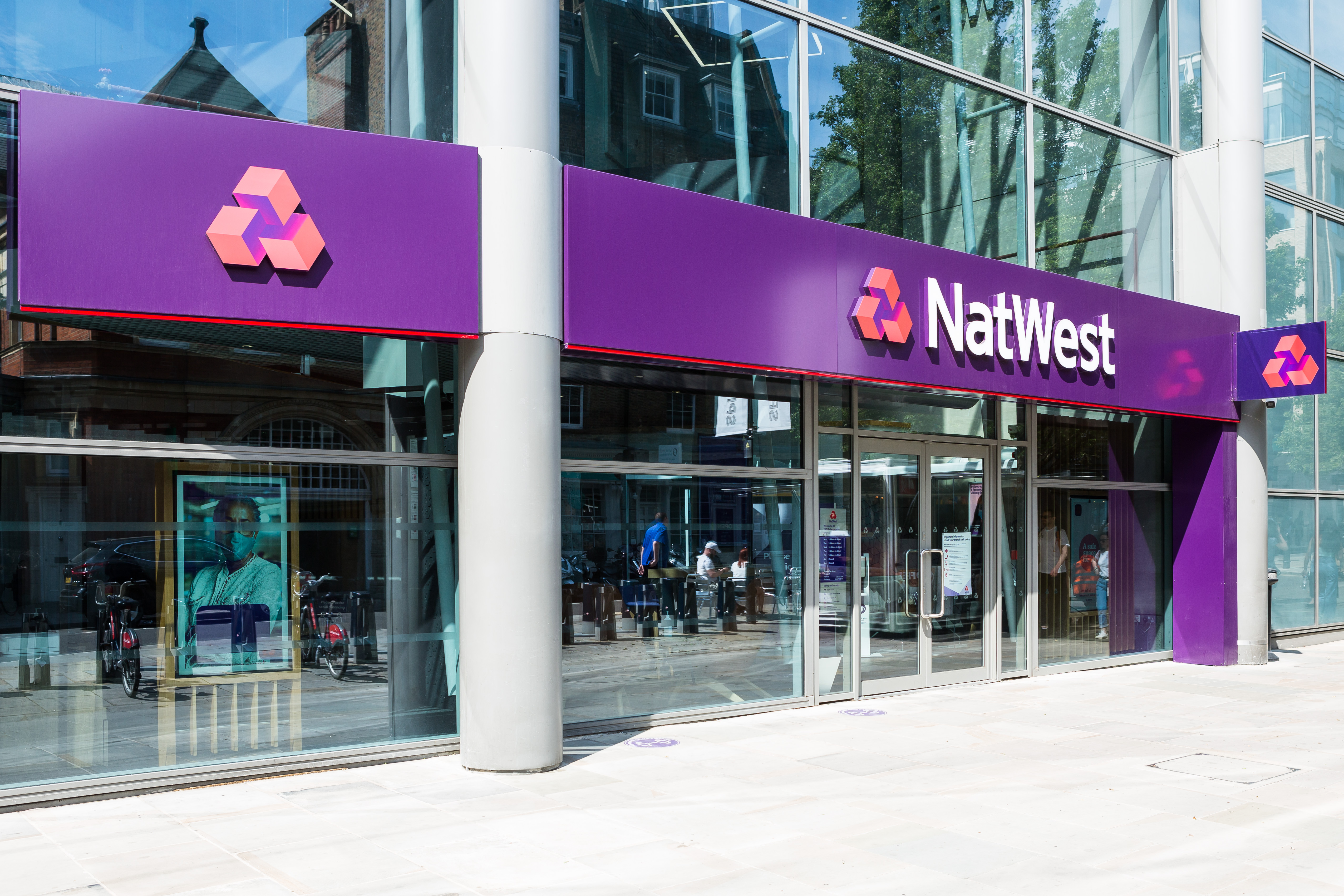JD.com has announced that is considering making an offer for technology retailer, Currys.
The Chinese e-commerce firm said in a statement that it is in the "very preliminary stages of evaluating a possible transaction", in which it may make a cash offer for the retailer.
In the first half of the current financial year, Currys recorded revenue and profits of £4.2bn and £31m respectively.
Investment director at AJ Bell, Russ Mould, said: "Currys is the last big UK electricals chain with a physical store estate which makes it a unique asset on the domestic stock market. In theory, that status deserves a premium takeout price. However, in this case, its unique status is down to it being the last man standing in an industry which has migrated online. Retaining this status requires a lot of hard work rather than Currys having a major advantage over its peers.
"It’s not been an easy journey for Currys as its mobile phone arm has suffered from shifting consumer habits whereby people are upgrading handsets less frequently. Across the board, Amazon and other online retailers have pushed hard on price and Currys has had no choice but to match them. Over the past year, consumers having been shying away from big-ticket items which has created a tougher environment in which to shift TVs and laptops."
The news comes after Currys, which has more than 800 stores globally and employs 28,000 people, turned down a £700m takeover approach from Elliot Advisers, which it said "significantly undervalued the company and its future prospects".
However, according to the BBC, Elliot, which purchased Waterstones in 2018, may return with a higher offer.
Under UK takeover rules, JD.com now has until 18 March to make a formal offer or walk away from the deal, with Elliot having until 16 March.
Head of money and markets at Hargreaves Lansdown (HL), Susannah Streeter, added: "Elliott’s bid of around £700m has been rejected, for significantly undervaluing the business, even though it was a 32% uplift given the share price level on Friday. However, it’s clear that the board believes its market valuation, which was well below the long-term average, was due to its short-term challenges, and that brighter times are ahead for the company.
"This move is fresh evidence that UK assets are considered to offer significant value, still partly weighed down by the impact of Brexit, the weaker pound, and the stagnating UK economy."
© 2019 Perspective Publishing Privacy & Cookies










Recent Stories